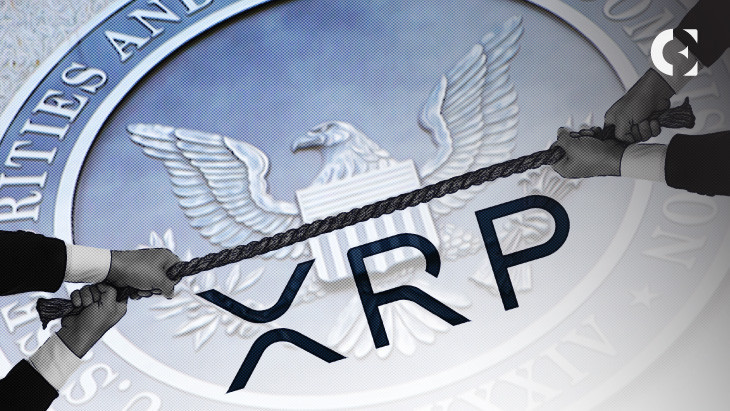In a recent tweet, prominent XRP advocate and lawyer John Deaton expressed his belief that Judge Torres, presiding over the case between Ripple Labs and the U.S. Securities and Exchange Commission (SEC) is likely to address the issue of secondary market sales of XRP.
Deaton’s statement came in response to a tweet by the founder of xSPECTAR, who cited the opinion of Mark Fagel, the SEC’s former San Francisco regional director, that Judge Torres would not address the matter.
I disagree. With that said, no one knows until she writes her opinion and, as a general rule, a judge usually only addresses what she/he needs to address. Now, on one hand, she doesn’t “need” to address secondary market sales to decide whether Ripple offered/sold XRP as an… https://t.co/lQhJdF5Kbu
— John E Deaton (@JohnEDeaton1) June 18, 2023
Deaton provided three compelling reasons supporting his belief that Judge Torres will delve into secondary market trading in her ruling. For context, the secondary market sales of XRP refer to the buying and selling of XRP by individuals or entities on crypto exchanges or other platforms rather than directly from Ripple
Firstly, Deaton highlighted the SEC’s motion for summary judgment, which, according to him, practically necessitates addressing secondary market sales. The SEC’s argument in its brief states that the purchase of XRP is an investment in a common enterprise with other XRP holders and Ripple. Moreover, the SEC’s theory extends beyond Ripple sales, encompassing all XRP sales.
Secondly, Deaton pointed out that he submitted an amicus brief for several parties. According to the lawyer, by disregarding the arguments presented in these briefs, Judge Torres would effectively ignore the perspectives of multiple stakeholders in the XRP community and industry.
Furthermore, Deaton noted that Judge Torres is likely aware of the LBRY case’s penalty phase, where discussions surrounding secondary market sales were raised.
Ultimately, while the former SEC official holds a different view, Deaton’s arguments are rooted in the SEC’s own arguments, amicus briefs, and his past involvement in the LBRY case.
 coinedition.com
coinedition.com
